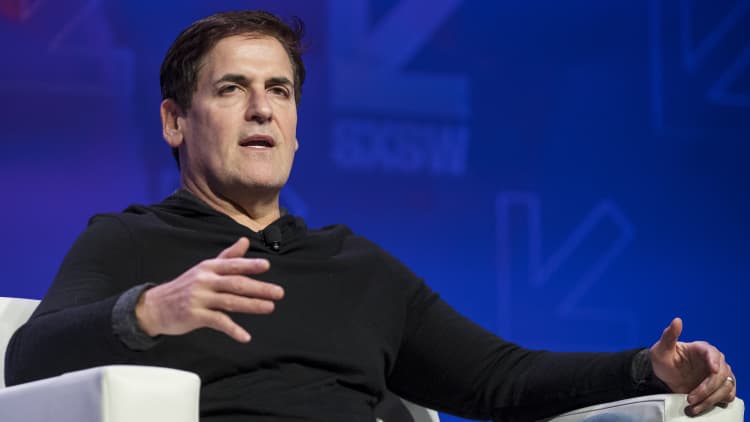Bill Gates has used his technical skills well: He co-founded Microsoft, making him the second richest person in the world with a net worth of $102 billion, according to Forbes.
But Gates, 63, says he wishes he had done something differently — he wishes he'd used his tech skills to help people in need earlier on.
"These days I spend a lot of my time thinking about how technology can help the poorest people in the world improve their lives. It's been a big focus for me since before Melinda and I launched our foundation," Gates said in a Gates Notes blog post Tuesday. "But looking back, I think I could have started down this path even sooner than I did."
In 2000, two of Gates' philanthropic foundations merged to officially form the Bill and Melinda Gates Foundation, which has since distributed more than $45 billion in grants.
The Bill and Melinda Gates Foundation donates money to provide healthcare and education to young people, to help women and girls lift out of poverty and to fight infectious diseases, especially in the poorest communities, among other causes.
Gates is also co-founder of The Giving Pledge, encouraging other billionaires to give away a majority of their wealth.
But Gates still wishes he had his technical talents sooner.
"People with a [science, technology, engineering and math] background have a lot to offer the world of global health and development," Gates says.
As an example, Gates says he is inspired by the work of William Wu, a Stanford electrical engineering PhD, who worked at NASA's Jet Propulsion Laboratory and co-founded Quantitative Engineering Design. The company builds software and hardware to improve health care and farming in developing countries.
"I want to encourage software developers, inventors, and scientists to consider how they can use their skills to fight inequity," Gates says. "It's deeply rewarding. You get the chance to learn from super-capable people — health care workers, farmers, political leaders — and work with them on tools that will empower them."
And you don't have to be the likes of Gates or Wu to meaningfully contribute, he says.
"Sometimes all it takes to make a difference is the willingness to learn about a problem and use your talents to help solve it," he wrote.
See also:
Warren Buffett: This is the best way to put cash in the pockets of people who need it

Like this story? Subscribe to CNBC Make It on YouTube!


